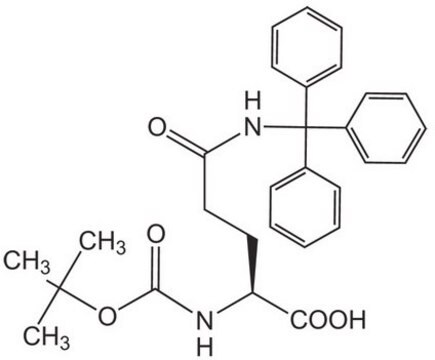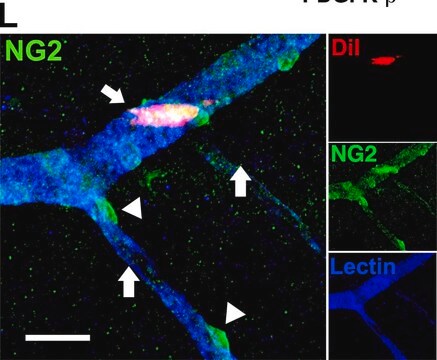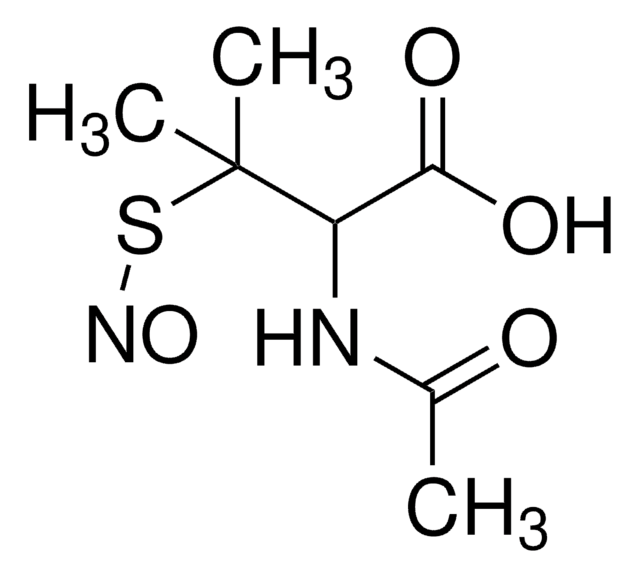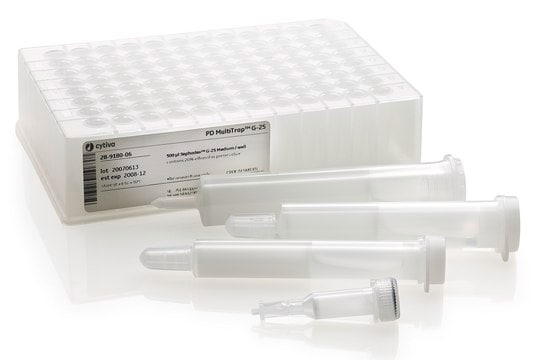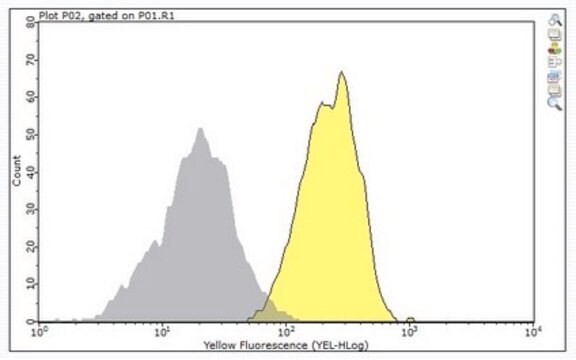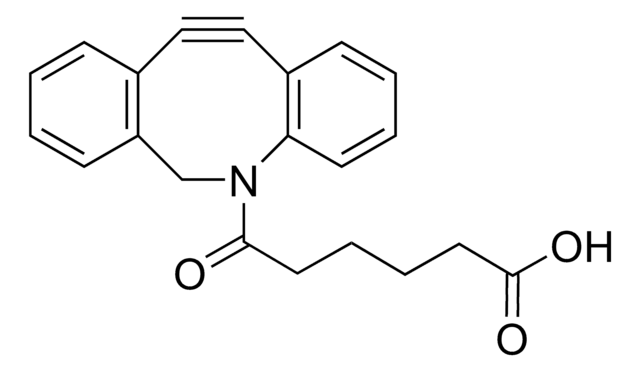AB10516
Anti-Angiopoietin-1 Antibody
from rabbit
Sinónimos:
Hepatic fibrinogen/angiopoietin-related protein, PPARG angiopoietin related protein, angiopoietin-like 4, angiopoietin-like 4 protein, angiopoietin-related protein 4, fasting-induced adipose factor, hepatic angiopoietin-related protein, peroxisome prolif
About This Item
Productos recomendados
biological source
rabbit
Quality Level
antibody form
affinity isolated antibody
antibody product type
primary antibodies
clone
polyclonal
species reactivity
horse (95% sequence homology), dog (95% sequence homology), mouse (100% sequence homology), rat (95% sequence homology), bovine (95% sequence homology), mouse, human (90% sequence homology), pig (95% sequence homology)
technique(s)
western blot: suitable
NCBI accession no.
UniProt accession no.
shipped in
wet ice
target post-translational modification
unmodified
Gene Information
human ... ANGPT1(284)
General description
Specificity
Immunogen
Application
Quality
Western Blot Analysis: : 1:1,000 dilution of this lot detected Angiopoietin-1 on 10 µg of mouse kidney lysate.
Target description
Physical form
Analysis Note
Mouse kidney lysate
Other Notes
¿No encuentra el producto adecuado?
Pruebe nuestro Herramienta de selección de productos.
Optional
Storage Class
12 - Non Combustible Liquids
wgk_germany
WGK 1
flash_point_f
Not applicable
flash_point_c
Not applicable
Certificados de análisis (COA)
Busque Certificados de análisis (COA) introduciendo el número de lote del producto. Los números de lote se encuentran en la etiqueta del producto después de las palabras «Lot» o «Batch»
¿Ya tiene este producto?
Encuentre la documentación para los productos que ha comprado recientemente en la Biblioteca de documentos.
Nuestro equipo de científicos tiene experiencia en todas las áreas de investigación: Ciencias de la vida, Ciencia de los materiales, Síntesis química, Cromatografía, Analítica y muchas otras.
Póngase en contacto con el Servicio técnico
